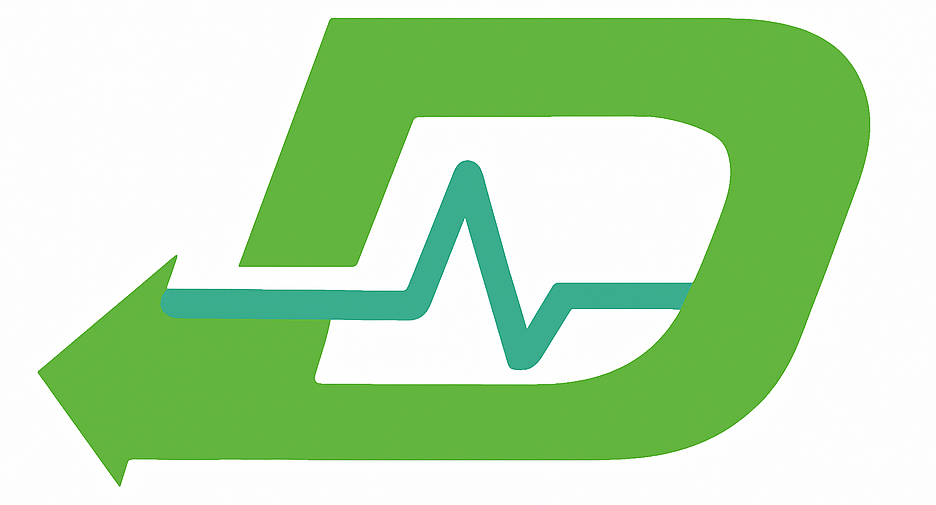Estimated reading time: 3 minutes
Are eggs good or bad for you? How many can you eat? What will it do to your heart if you eat many? Will your cholesterol sky-rocket? Should you skip the yolk?
In recent years we have somehow become a little bit afraid of eating eggs. We have been warned that they may be harmful because they contain so much cholesterol. Most of us have been told that high blood cholesterol may be associated with heart disease.
Public recommendations usually state that our daily intake of cholesterol should not be more than 2 -300 milligrams. One egg probably contains somewhere between 180 – 200 milligrams of cholesterol. This cholesterol is mainly found in the yolk. Thus, it is clear that you cannot eat many eggs in a week if you are going to obey to the above recommendation.
However, recently it has become clear that cholesterol in food does not affect blood cholesterol as negatively as previously thought. Only a small fraction of the cholesterol we eat goes into the blood stream. The liver produces cholesterol. It’s an important substance for a number of bodily functions. Cholesterol is an integral part of cell membranes and many hormones.
Some experts have pointed out that if we eat little cholesterol, the liver will just produce more and if we eat much cholesterol, the liver will just produce less. Therefore, it may not matter at all how much cholesterol we eat. Although this hypothesis is still debated, recent evidence suggests that moderate consumption of eggs will not significantly affect your blood cholesterol.
There is no evidence available, to my knowledge, indicating that eating eggs will increase the risk of heart disease. However, some scientists still believe that eating eggs may be harmful for individuals at risk for heart disease.
Many nutritional experts today claim that eating saturated fat is much more likely to raise your blood cholesterol than eating cholesterol. Eggs do contain some saturated fats but they are also rich in healthy monounsaturated and polyunsaturated fats. Evidence suggests eggs will not negatively influence the composition of fats in the blood.
It may however matter for your health how you prepare your eggs and what you choose to eat with them. Boiling the eggs is healthy, simple and easy. You don’t have to fry your eggs in fat. Stay away from the bacon, at least if you are trying to avoid saturated fats or lower your cholesterol. However, if you are on a low carbohydrate diet and choose to eat fat, you will probably want to enjoy the bacon as well.
So, are eggs good for you? Eggs have a high nutritional value. They are rich in protein, healthy fatty acids and vitamins. One egg contains over six grams of protein.They contain a lot of vitamin D, riboflavin, B – 12 and folate. They have no carbohydrates at all. Eggs are rich in a substance called choline. Recent research indicates that choline deficiency may be quite common. Choline may help reducing inflammation. One egg contains 25% of our daily need for choline.
Eggs are a relatively satiating food. Eggs may help you lose weight, partly because they will help you stay away from unhealthy carbohydrates. Available scientific evidence does not indicate that moderate consumption of eggs will increase your risk of heart disease.
My conclusion is that eggs are a healthy food choice and a good source of nutrients. They are satiating and a good source of energy. One egg a day is fine and there is no evidence that it will do you any harm.
Discover more from Doc's Opinion
Subscribe to get the latest posts sent to your email.


I believe it’s the polyunsaturated fats (processed industrial oils) that are unhealthy (they are inflammatory), and it’s the saturated and monounsaturated (mono, if not heated) fats that are healthy and provide good fuel for the nervous system,